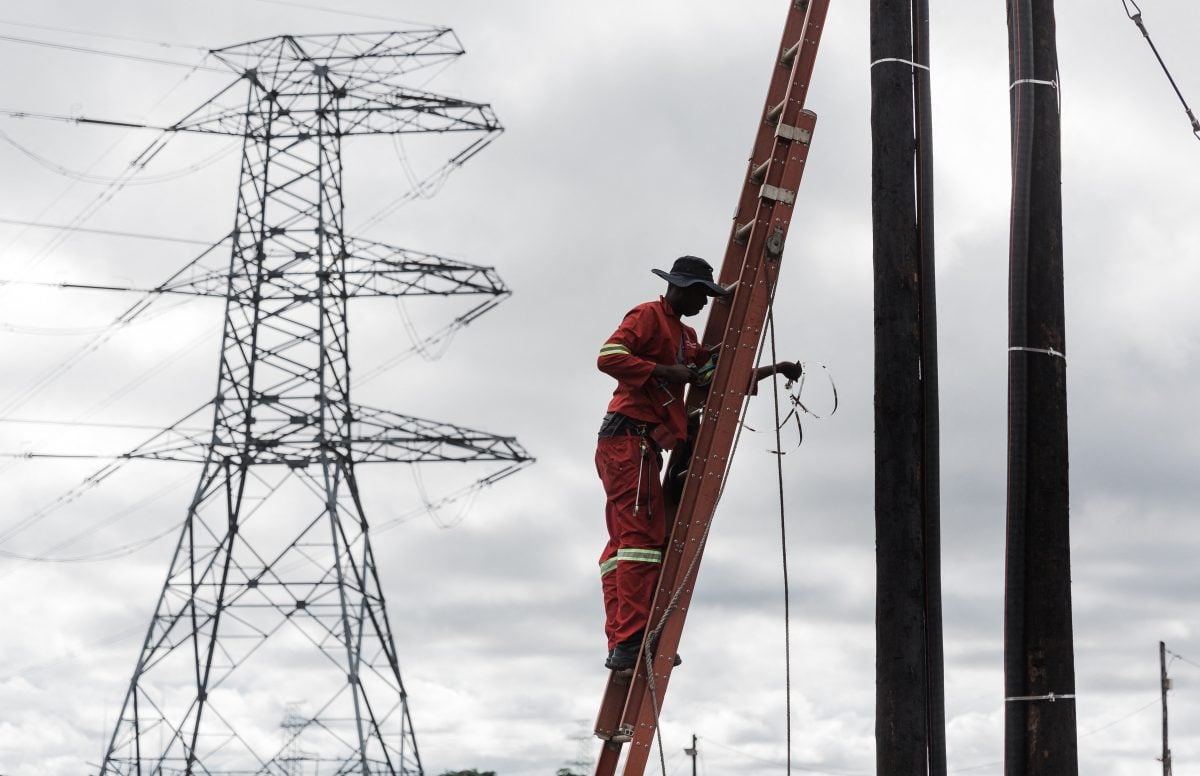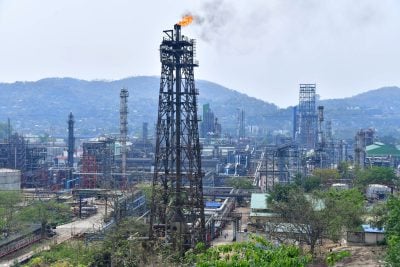Thirty African heads of state and government have signed a landmark declaration committing to concrete reforms aimed at expanding access to reliable, affordable, and sustainable electricity across the continent.
The leaders made this pledge in late January during the Mission 300 Africa Energy Summit held in the Tanzanian commercial capital of Dar es Salaam. The declaration, known as the Dar es Salaam Energy Declaration, will be submitted to the African Union Summit in February for adoption.
Mission 300 seeks to leverage the collective efforts of governments, development banks, partners, philanthropies, and the private sector to connect 300 million Africans to electricity by 2030, boosting growth, employment and quality of life. It is estimated that 600 million people in Africa currently live without electricity.
The African Development Bank and the World Bank plan to allocate $48bn in financing for Mission 300 through 2030, an allocation which may evolve to fit implementation needs. Other partners to commit to the initiative include Agence Française de Développement (€1bn); the Asian Infrastructure Investment Bank ($1bn-1.5bn); the Islamic Development Bank Group ($2.65bn) and the OPEC Fund ($1bn).
Ambitious national energy compacts
Twelve African countries—Chad, Côte d’Ivoire, Democratic Republic of Congo, Liberia, Madagascar, Malawi, Mauritania, Niger, Nigeria, Senegal, Tanzania, and Zambia— presented detailed national energy bompacts outlining their targets to scale up electricity access, increase the use of renewable energy, and crowd in additional private capital.
The country-specific plans are time-bound and data-driven, focusing on affordable power generation, expanding connections, and regional integration.
Akinwumi Adesina, president of the African Development Bank Group, emphasised the need for decisive action to meet the ambitious targets outlined in the national energy compacts.
“Critical reforms will be needed to expand the share of renewables, improve utility performance, ensure transparency in licensing and power purchase agreements, and establish predictable tariff regimes that reflect production costs.”
Adesina affirmed the Bank’s robust support for the initiative, saying: “Our collective effort is to support you, heads of state and government, in developing and implementing clear, country-led national energy compacts to deliver on your visions for electricity in your respective countries.”
A collaborative approach
Ajay Banga, president of the World Bank Group, described access to electricity as “a fundamental human right” and argued that it is a prerequisite for economic transformation on the continent. “Without it, countries and people cannot thrive,” he stated.
Banga stressed the need for a collaborative approach, where global development partners work together with African governments to drive reforms, attract private investments, and leverage public-private partnerships.
“Our mission to provide electricity to half of the 600 million people in Africa without access is a critical first step. To succeed, we must embrace a simple truth: no one can do it alone. Governments, businesses, philanthropies, and development banks each have a role – and only through collaboration can we achieve our goal,” he stated.
Want to continue reading? Subscribe today.
You've read all your free articles for this month! Subscribe now to enjoy full access to our content.
Digital Monthly
£8.00 / month
Receive full unlimited access to our articles, opinions, podcasts and more.
Digital Yearly
£70.00 / year
Our best value offer - save £26 and gain access to all of our digital content for an entire year!

 Sign in with Google
Sign in with Google 



